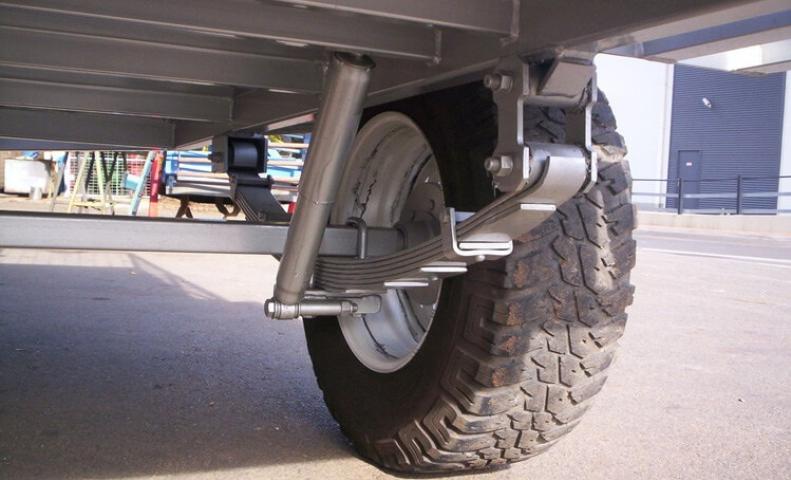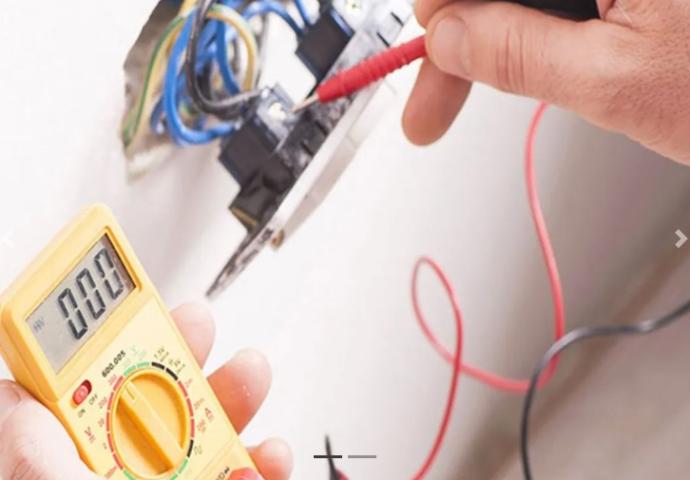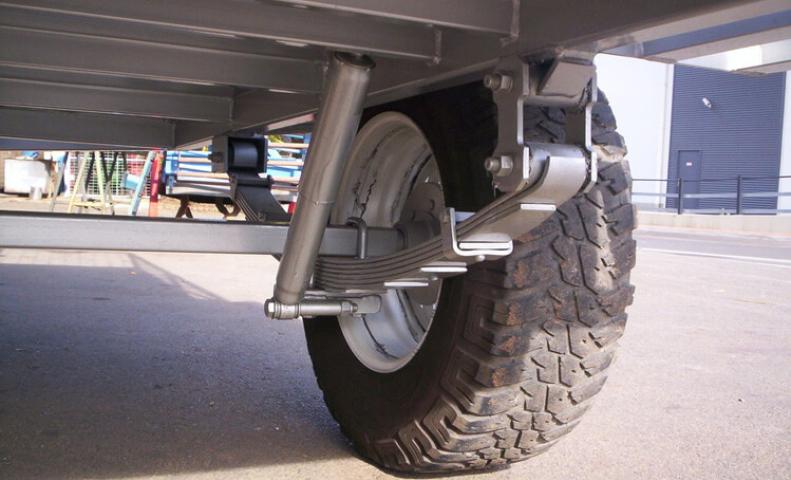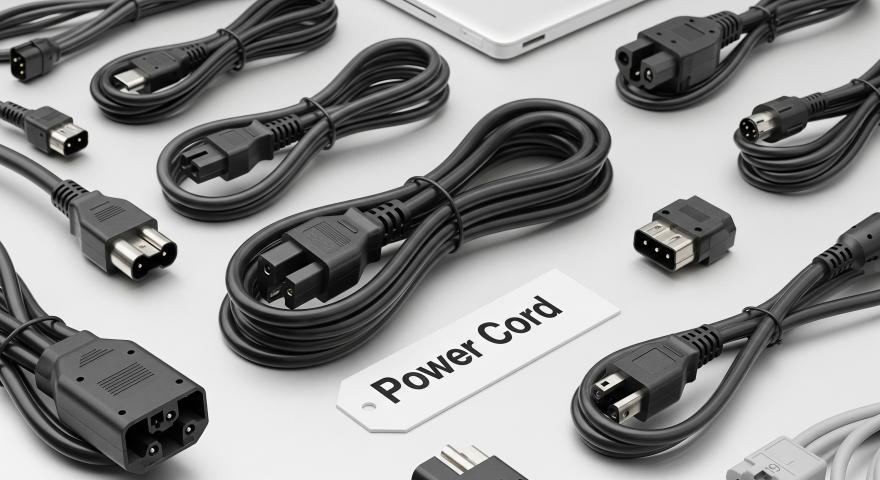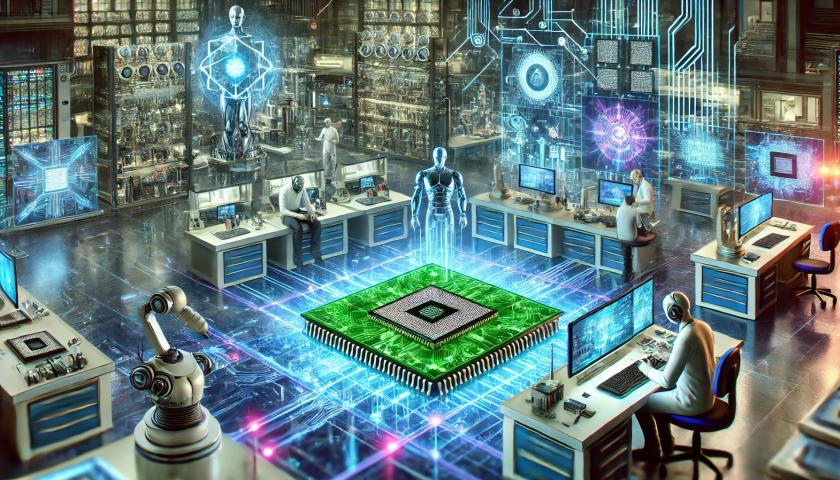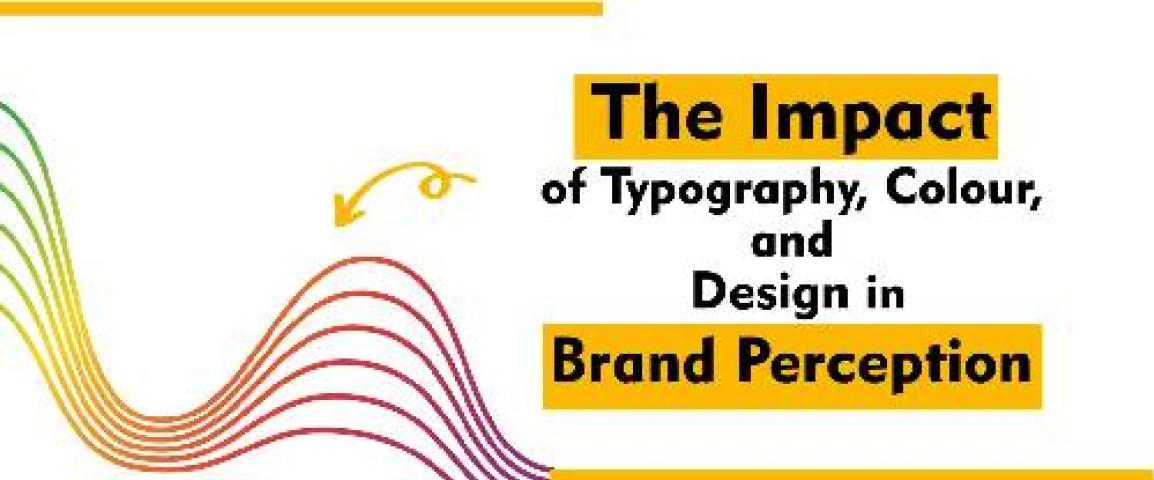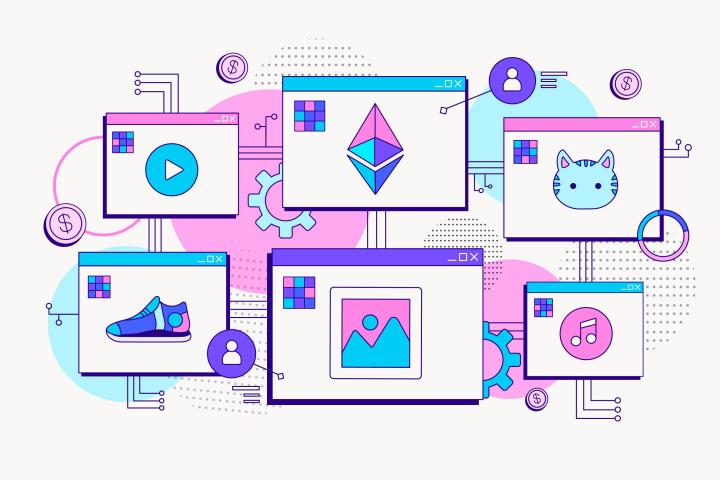Electrical design engineering and distribution (EDED) skills are becoming increasingly indispensable in today’s rapidly evolving industries. These skills play a critical role in designing, testing, and implementing complex electrical systems that power modern infrastructures. Acquiring these highly specialised skills can open doors to high-paying job opportunities and significantly advance your career.
If you’re contemplating a career move that blends technical expertise with rewarding financial prospects, electrical design and distribution is an exciting field to explore. This blog post breaks down how mastering EDED skills can help you advance in your career, what these roles require, and how you can become proficient in this domain with resources like an advanced EDED course online.
Why Electrical Design Engineering and Distribution Are in Demand
Electrical design engineering and distribution professionals are the backbone of many industries, including construction, infrastructure development, energy distribution, and manufacturing. Here are a few compelling reasons why these roles are in such high demand:
1. Infrastructure Growth and Urbanization
The global push for smarter cities and advanced infrastructure has increased the demand for skilled electrical engineers. From designing energy-efficient buildings to developing robust power distribution systems, professionals equipped with EDED skills are critical to achieving these modern goals.
2. The Renewable Energy Revolution
With the shift toward sustainable practices and renewable energy sources, such as solar and wind, industries are increasingly requiring skilled engineers who can design and manage complex electrical systems. Distribution systems must adapt to changing technologies, and electrical engineers with a strong foundation in the field are vital to making this transition seamless.
3. High ROI for Businesses
Hiring skilled electrical engineers ensures optimal system design and cost efficiency. Businesses value professionals with EDED expertise because they help minimize operational costs and improve energy efficiency, making these employees indispensable assets.
Key Skills Electrical Design Engineers Need
Stepping into an electrical design engineering role isn’t just about understanding the basics of electricity. It involves a more complex blend of technical expertise, analytical skills, and practical experience. Here are the core skills needed to excel in this field:
Technical Proficiency
A solid understanding of electrical theory, power systems, and schematics is fundamental. Professionals should also be proficient in software tools such as AutoCAD Electrical, MATLAB, and ETAP for designing electrical systems.
Attention to Detail
Designing electrical circuits and distribution systems means working with complex frameworks where even a minor error can be costly. Engineers must have impeccable attention to detail to ensure accuracy and system safety.
Problem-Solving Skills
Troubleshooting and resolving issues in intricate systems is an essential part of EDED roles. Analytical thinking skills facilitate the diagnosis of problems and the implementation of effective solutions.
Knowledge of Regulatory Standards
To ensure safety and efficiency, electrical engineers must be well-versed in national and international electrical codes and compliance standards such as ISO, IEEE, and NEC.
Communication Skills
Professionals in this field must effectively communicate their designs, reports, and project outcomes to stakeholders, often translating complex concepts into simpler, more accessible terms.
High-Paying Roles You Can Access with EDED Skills
Learning electrical design engineering and distribution opens the door to several high-income roles across various industries. Some of the most sought-after positions include:
Electrical Design Engineer
These professionals specialise in planning and designing systems for industrial, commercial, and residential spaces. The average annual salary for an electrical design engineer in the UK ranges between £35,000 and £60,000, depending on experience and skills.
Power Distribution Engineer
Power distribution engineers design and implement systems that ensure the safe and efficient distribution of electricity from power plants to end consumers.
Control Systems Engineer
Skilled in automation and control, these engineers ensure the seamless operation of electrical systems in industries like manufacturing and energy production.
HVAC Systems Engineer
Specializing in heating, ventilation, and air conditioning (HVAC), these professionals design energy-efficient systems for modern buildings.
Renewable Energy Specialist
Working in the solar and wind energy sectors, renewable energy specialists help distribute clean energy to power grids and end-users.
Steps to Build Expertise in Electrical Design Engineering
If you’re new to electrical design engineering or want to upskill, here’s how to start your learning journey.
Enroll in a Specialized Training Program
The fastest and most effective way to acquire EDED skills is by enrolling in a structured training program that offers practical and theoretical knowledge. Consider taking an advanced EDED course online to gain expertise from the comfort of your home.
Work on Real-World Projects
Hands-on experience is vital. Look for courses and internships that allow you to apply your skills in real-world scenarios, such as designing circuits or power distribution systems.
Obtain Certifications
Certifications from recognised institutions can enhance your credibility and increase your chances of securing better job prospects. Consider earning certifications from reputable organisations such as IEEE, IET, or your national electrical authority.
Stay Updated with Industry Trends
The electrical design and distribution field continually evolves in response to technological advancements. Regularly read industry reports, attend webinars, and engage with professional networks to stay current and ahead of the curve.
Master Relevant Software Tools
Familiarise yourself with industry-standard tools, such as AutoCAD, PLC Programming Software, and SCADA systems. Proficiency in these tools is often a requirement for high-paying roles.
Building Connections in the Industry
The professional network you cultivate can dramatically impact the trajectory of your career in electrical design engineering. Here are some ways to connect:
Join Professional Organizations
Being a member of recognised engineering communities, such as IEEE or IET, can offer networking opportunities, access to industry events, and learning resources.
Attend Industry Events
Participate in electrical engineering conferences or trade expos to meet professionals, share your knowledge, and learn from thought leaders.
Leverage LinkedIn
Join LinkedIn groups focused on electrical engineering and actively engage in discussions. Sharing your insights and showcasing your skills can help you stand out from the crowd.
Why Now is the Perfect Time to Enter the EDED Field
With advancements in automation, renewable energy technologies, and smart infrastructure planning, there’s never been a better time to enter the electrical design and distribution field. Governments and businesses continue to invest heavily in modernizing outdated systems, resulting in an unprecedented demand for skilled professionals.
By committing to building your EDED skill set, you’re not just entering an industry; you’re stepping into an exciting, forward-looking career with endless opportunities and the potential for personal and financial growth.
Conclusion
Whether you’re an aspiring engineer or a professional seeking to upskill, moving into electrical design engineering and distribution is a smart career move.
Start now by enrolling in a reputable training program, such as an advanced EDED course online, and begin building the expertise that employers are actively seeking. The possibilities are endless, and the rewards are yours to achieve.


